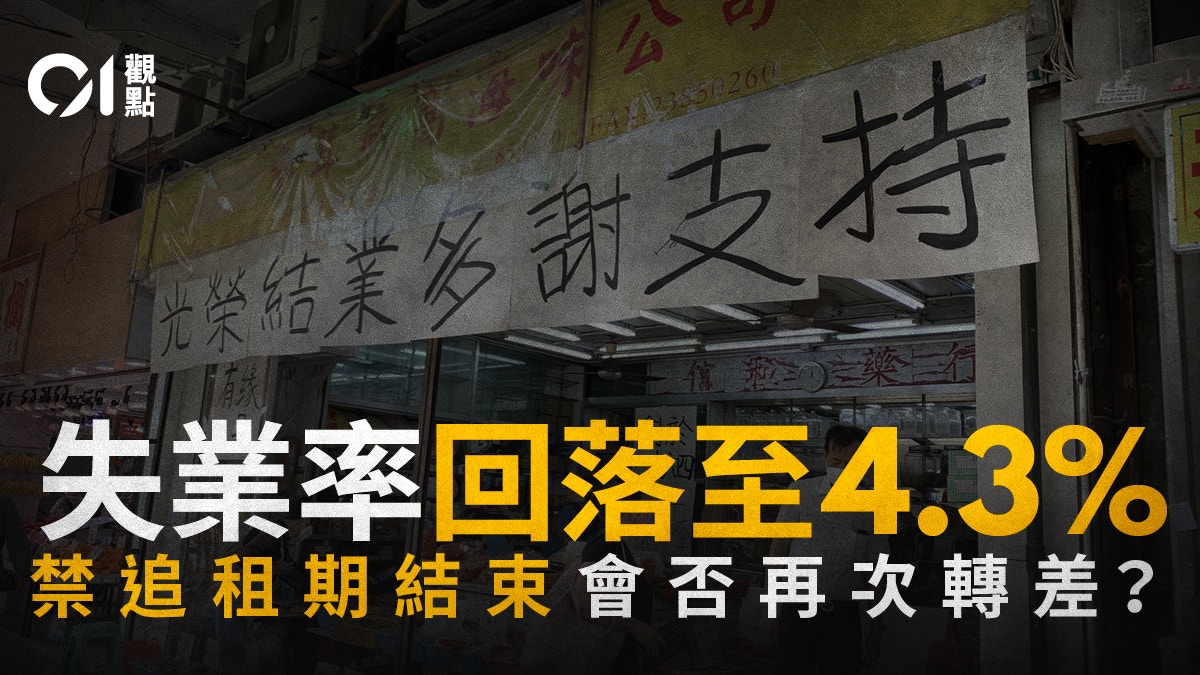Influenced by internal and external factors, the mainland economy is facing the problem of slowing growth. The central government has recently launched various policies to try to reverse the downward trend of the economy.
Premier Li Keqiang of the State Council held a symposium on Tuesday (16th) in Shenzhen with the principals of the government of major economic provinces, proposing that it is necessary to strive for economic recovery and development without waiting, and that provinces should live a tight life while promoting consumption and supporting housing demand.
In the meeting, he also pointed out that the six major economic provinces, as the "pillars" of economic development, should bravely take the lead and play a key supporting role in stabilizing the economy.
The six major economic provinces of Guangdong, Jiangsu, Zhejiang, Shandong, Henan, and Sichuan account for 45% of the country's GDP and nearly 40% of the population. They are the most important forces driving the consumer market.
Therefore, Li Keqiang asked them to intensify their efforts to launch economic stabilization policies and avoid activating the local economy with direct fiscal stimulus.
But in addition to this, the so-called "six provinces take the lead" has another meaning.
Responsibilities of Economic Provinces
Li Keqiang mentioned that stabilizing the economy is also stabilizing the source of finance. The four coastal provinces among the six provinces account for more than 60% of the net amount handed over to the central government. Only by trying to complete the task of financial handover can the central government's financial expenditure be ensured.
China's fiscal system is a tax-sharing system. Large economic provinces have high fiscal revenue, and more taxes are distributed to the central government.
The central government then distributes taxes to the provinces through transfer payments, while economically backward regions such as the central, western and northeastern regions tend to receive greater help so that they can also get development opportunities.
Therefore, the major economic province must ensure that the task of turning over to the central government is completed, in order to support the state in making transfer payments to help other regions.
Li Keqiang said that the six major economic provinces account for more than 40% of the country's total economic output, the number of market players, and employment.
Economically large provinces must bravely take the lead, ensure that market players stabilize the economy, and stabilize the employment of local and migrant workers.
A stable economy is also a stable source of money.
(CCTV)
In recent years, the socialist insistence of "common prosperity" proposed by President Xi Jinping is not a new policy.
Over the past few years, the central government has been subsidizing other regions with the economic achievements of the coastal provinces, and finally contributed to the results of comprehensive poverty alleviation.
In these difficult economic times, the big provinces should also take responsibility and protect the provinces that are more vulnerable to the economic downturn.
Since the beginning of this year, the economy has faced headwinds, and the policy mentioning "common prosperity" is low-key. Some commentators think that China has abandoned the relevant policies. In fact, this is a misunderstanding.
Just as the "Made in China 2025" policy was targeted by the Trump administration in the Sino-US trade war in the past, it is rarely mentioned again, but its spirit has not changed. China is still actively developing high-end manufacturing such as chips and electric vehicles. Industry.
Similarly, the country may be less mentioned because of unnecessary misunderstandings about "common prosperity" by the outside world, but this time, Li Keqiang's emphasis on "major provinces take the lead" shows that the spirit of this policy has not disappeared.
Who should take the lead in Hong Kong?
The mainland is not the only one facing economic difficulties. Hong Kong is also facing economic headwinds not seen for many years.
To get through this difficult period, we might as well refer to Li Keqiang's spirit of "major provinces take the lead."
Hong Kong is not as vast as the mainland, and regional differences and mobility are not as large as those between mainland provinces. Of course, it is impossible to directly refer to them.
However, the spirit of "big province is the mainstay" is that the able can help the weak. In Hong Kong's situation, the gap between different industries and between different income groups can be very large, and the more able people can shoulder the greater burden. Social responsibility, the government should take the initiative to play the "redistribution" function to help grassroots citizens.
In terms of different industries, the government should support those industries affected by the epidemic to prevent them from closing down and causing more people to lose their jobs.
For some industries that lack development potential in the long run, practitioners should be helped to transform to other advantageous industries.
Only in this way can the government help the society as a whole to tide over the difficulties.
The rent prohibition order has expired, which may lead to a wave of small businesses closing their businesses.
The most basic method of "redistribution" is taxation, increasing the taxation of the able to help the less able, but changing the tax system is a large-scale plan.
In the short term, the government can also use policy tools to achieve certain results.
For example, it was recently announced that the unemployment rate from May to July had only dropped to 4.3%, and the economy had only recovered slightly. However, recently the "rent-chasing ban" has expired. Less able tenants are under enormous pressure.
Failure to deal with the rent pressure could lead to a wave of closings and even aggravate the unemployment problem.
In response to business difficulties, the government can lend a helping hand through other policies, such as providing long-term and low-interest loans to stores in need, which will be repaid gradually after the epidemic.
Consumer coupons can't solve the economic structural crisis, flooding can't solve economic problems, and prepare for the worst and best for the economic downturn








